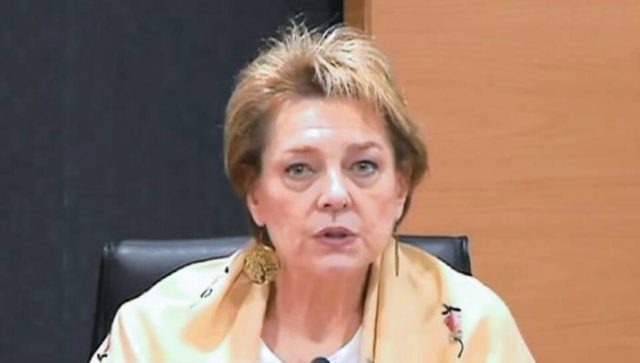The South African Medical Association said the halting of salary increases for doctors and nurses employed in the public sector may have a negative impact on the government in the future.
DURBAN – The South African Medical Association (Sama) said the halting of salary increases for doctors and nurses employed in the public sector may have a negative impact on the government in the future.
In the 2021 Budget Review, Treasury said the sustainability of public finances would depend heavily on government’s ability to reduce growth in the public-service wage bill which accounted for 34% of expenditure in 2019/20.
Rising compensation spending, which was increasing faster than GDP growth, had become unaffordable and was the main expenditure risk to the sustainability of the public finances, the review said.
The document said expenditure would be reduced by doing away with the annual cost-of-living adjustment in the public service up until 2023/24, reducing staff by way of early retirement and natural attrition, and by freezing or abolishing of non-critical posts.
The review also said that the Labour Appeal Court last year had reaffirmed the National Treasury’s constitutional role in safeguarding the public finances.
The court had turned down a case brought by the labour unions who wanted government to implement wage increases in line with the 2018 wage agreement.
While Sama chairperson Dr Angelique Coetzee agreed that the public sector wage bill should be reduced significantly to ease government’s financial burdens, she said a blanket halting of salary increases for all government employees was not the right approach.
Coetzee said this could have major consequences for the government down the line because if public sector doctors did not feel valued, they would leave the country which could result in the total collapse of the health-care system.
“Health-care workers in the public service already face many challenges that range from a lack of basic equipment and resources to general safety and security at their places of work. Their workloads are also massive with the risk of burnout ever present,” said Coetzee.
Coetzee added that many public service doctors were staying in South Africa out of a sense of duty to their country.
“If doctors aren’t being remunerated properly, they will find work elsewhere, it’s as simple as that,” she said.
National Education, Health and Allied Workers’ Union (Nehawu) said unions had taken the Labour Appeal Court ruling on appeal to the Constitutional Court.
The union received the responding affidavits from the Department of Public Service and Administration and the National Treasury on the matter last week.
“In their answering papers, they are still refusing to implement the last leg of the 2018 wage agreement and they still persist that the agreement is null and void,” said the union.
Nehawu said the notion that there would be no resistance and fightback from the public service workers to attacks on their livelihoods and conditions of service was delusional.
“In this regard, we support the decision of the Cosatu Central Executive Committee (CEC) to report the South African government to the International Labour Organisation (ILO) for attacking collective bargaining,” said Nehawu.
The Democratic Nursing Organisation of South Africa (Denosa) said the salaries of health-care workers had not been adjusted since April last year.
In addition, Denosa said many health-care workers were sitting at home because they had not been absorbed by government due to budget cuts in the provinces.








